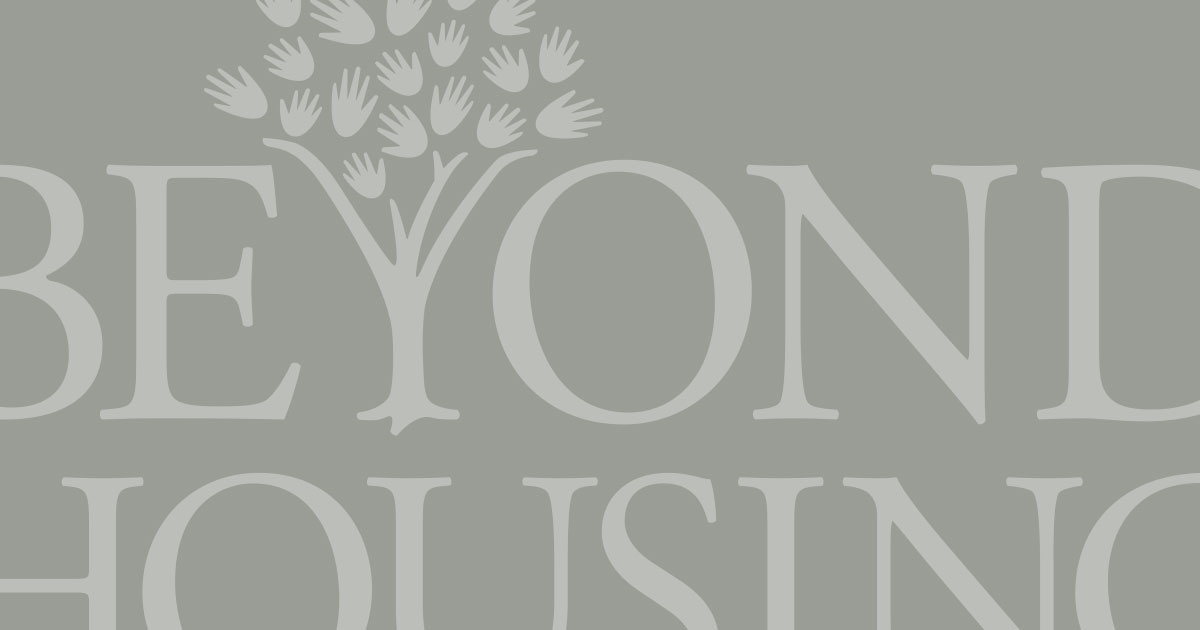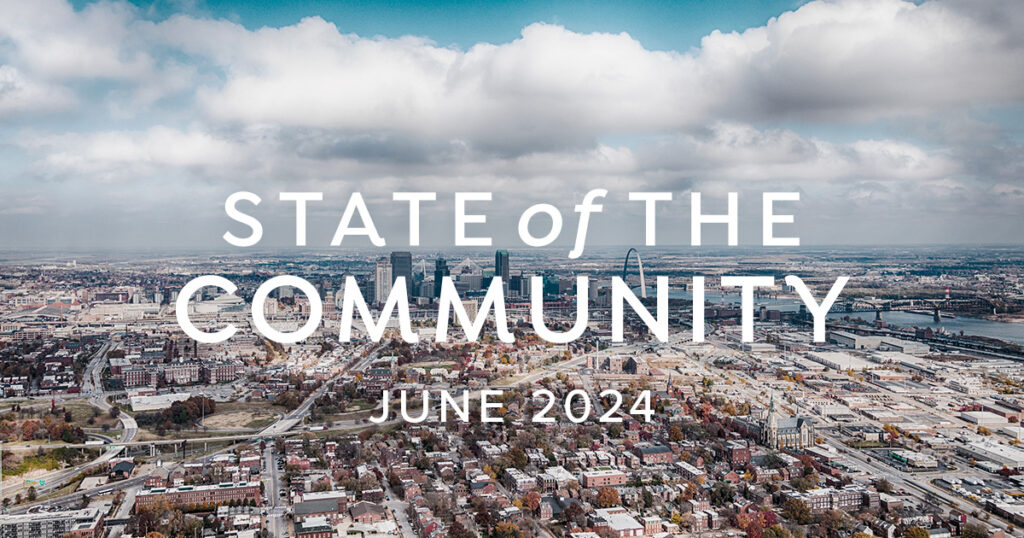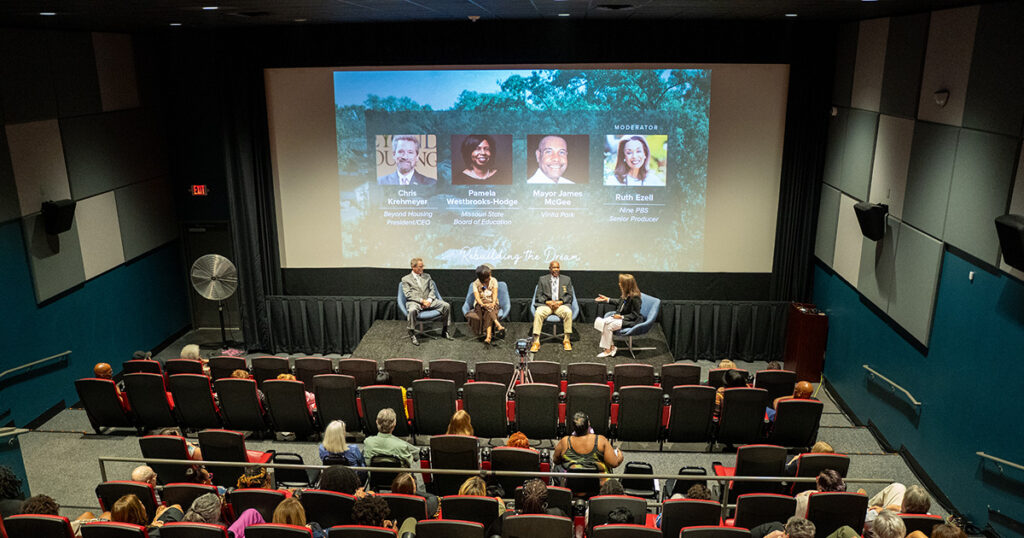Ben Eisen and Laura Kusisto
Maiya Jones didn’t have money saved up for a down payment when she started looking for a house in the St. Louis area last summer.
Her real-estate agent told her about a program that would cover the 3.5% required on a Federal Housing Administration-insured mortgage for those who meet certain income qualifications. She took an online course about the basics of home buying and visited an adviser. At the end of April, she closed on a $67,000 three-bedroom house and moved in with her two children.
“I thought this was unattainable, honestly,” said Ms. Jones, 26 years old, who works as a cashier.
In today’s solid job market, many home buyers can afford monthly mortgage payments but lack savings for a down payment. That has boosted the popularity of government-funded assistance programs. More than 13% of borrowers who used the FHA mortgage in the first three months of this year got government help with the down payment, up from 8.6% five years earlier, according to FHA data published this month.
The share of buyers who used one of the more than 2,500 down-payment-assistance programs across the country doubled to 10% between 2013 and 2016, according to a Freddie Mac analysis of the National Survey of Mortgage Originations.
Those who use down-payment assistance start out with little or no skin in the game. As a result, some economists and analysts worry that buyers have less incentive to keep making payments if times get tough. In recent years, those who used government down-payment assistance for FHA loans were delinquent at a higher rate than those who didn’t, government data show.
“Someone who can’t come up with a down payment is far more likely to be living paycheck to paycheck,” said John Burns, founder of John Burns Real Estate Consulting in Irvine, Calif.
Ms. Jones had nearly $1,000 saved up, but not enough for the approximately $2,300 down payment. She received the money structured as a second loan that is forgiven after five years. If she moves out before then, she has to pay back a prorated portion of the money. She said she plans to stay put.
Beyond Housing, a local nonprofit, fronted the money and was reimbursed by the St. Louis County government, which receives funds from the U.S. Department of Housing and Urban Development.
“It’s meant to be supportive of folks who can afford the monthly payment but might not be able to raise the upfront capital and can’t get a check from Mom or Dad.”
Chris Krehmeyer, president and chief executive of Beyond Housing
Many federal, state and local programs operate through housing finance agencies and nonprofits. They vary by region, but typically offer some amount of cash to buyers who qualify and structure it as a second loan. Some forgive it after a period of time while others require repayment. Sometimes, the program provider charges an above-market interest rate on the mortgage to recoup the money put toward the down payment.
Jason Wallace, a real-estate agent in the Chicago area, said about 90% of her clients ask about assistance. “It has definitely increased,” she said. “People are now more aware.”
Sam Mickelson and Tegan Lingbeck, both bartenders, bought a house outside Minneapolis for roughly $250,000 in June and moved in with their four children. They put $1,500 toward the principal, and the Minnesota Housing Finance Agency provided the down payment on their FHA loan.
“It was super easy,” Mr. Mickelson said. “It just worked out like a dream.”
Down-payment assistance funded by sellers became fertile ground for abuse before the housing market collapsed. Sellers routed money to buyers through nonprofits and then tacked the cost onto the purchase price. The federal government has since prohibited the practice.
Still, FHA Commissioner Brian Montgomery, who had the same job during the financial crisis, has been closely watching risks associated with FHA loans. In a report last year, the FHA said it was concerned about government programs that operate on a national level “in ways that generate benefits for the provider,” and “increase costs, but not benefits, to the borrower.”
Mr. Montgomery declined to comment through a spokesman.
Earlier this year, the FHA tightened standards for certain programs.
That move threatens to close a down-payment program called the Chenoa Fund, which is run through a mortgage corporation owned by the Paiute Tribe of Utah and operates across the country. The fund sued to stop the new rules from going into effect, and HUD delayed their implementation until July.
Michael Whipple, vice president of the mortgage corporation, said more than 50% of the borrowers it works with are minorities and first-generation homeowners whose families lack the resources to help them with a down payment. “We’re being tarred with the wrong brush,” Mr. Whipple said.






